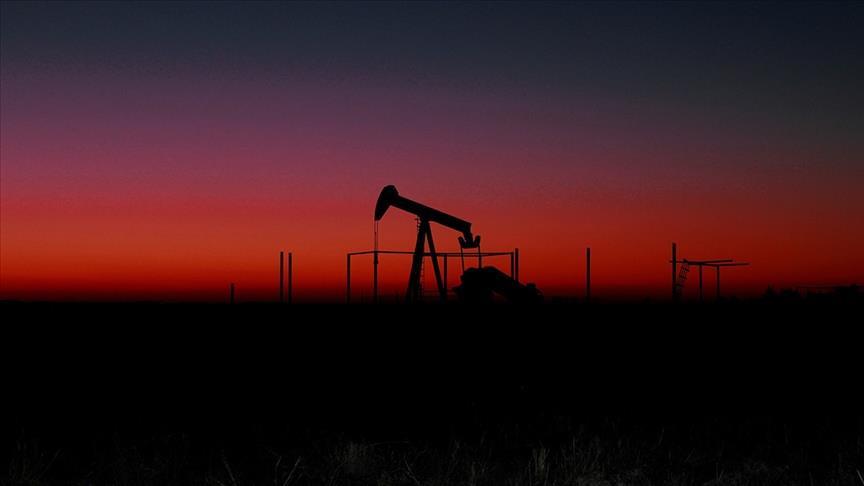

By Anadolu Agency
Brent oil decreased around 2% in the week ending Dec. 30 as weak demand worries mostly in China outweighed supply uncertainties caused by Russia’s possible output cuts against price cap move by Western countries.
International benchmark Brent crude traded at $83.30 per barrel at 2.30 p.m. local time (1130 GMT) on Friday, a 1.99% fall from the opening price on Tuesday of $85 a barrel.
The American benchmark West Texas Intermediate (WTI), trading at $78.25 per barrel at the same time, saw a 3.35% decrease compared to Tuesday’s opening of $80.97 a barrel.
The oil markets started the trading session on a positive note. The market was closed due to the Christmas holiday on Monday.
The upward sentiment was driven by easing Covid-19 restrictions in China, the world’s largest oil importer, and second-largest oil consumer.
Following a widespread public outcry, the country on Dec. 7 abandoned its zero-COVID policy of lockdowns, constant testing and severe anti-coronavirus restrictions that had been in place for three years.
China further eased the restrictions on Monday allowing travelers quarantine-free entry to the mainland starting Jan. 8 next year.
A massive winter storm hit much of the Midwest and northern US, blanketing the regions with record-setting snow and ice.
The arctic blast across the country also prompted the closure of several oil refineries. Disrupted energy production and electricity cuts across the US led to supply fears, adding to prices.
However, oil prices edged lower on Wednesday and Thursday as an increase in COVID-19 cases in China diminished hopes of an oil demand recovery.
Reports from China that some hospitals in certain provinces are nearly over capacity as Covid-19 cases surge are fueling worries that it will take longer than expected for the economy to return to normal and that oil demand will remain weak.
Moreover, the restart of production in the southern US state of Texas after a cold snap disrupted the largest oil-producing state’s refineries also capped prices.
Meanwhile, increasing supply concerns and limiting further price declines, Russian President Vladimir Putin on Tuesday signed a decree prohibiting supplies of oil and petroleum products to countries that imposed a price cap on Russian fuel.
The decree, published on the governmental portal, comes into effect on Feb. 1 and will be valid until July 1, 2023.
Oil prices increased on Friday over bearish supply sentiment in the market, as investors are monitoring possible output cuts from Russia which warned that it may cut output in the face of a price cap move by Western countries.
We use cookies on our website to give you a better experience, improve performance, and for analytics. For more information, please see our Cookie Policy By clicking “Accept” you agree to our use of cookies.
Read More